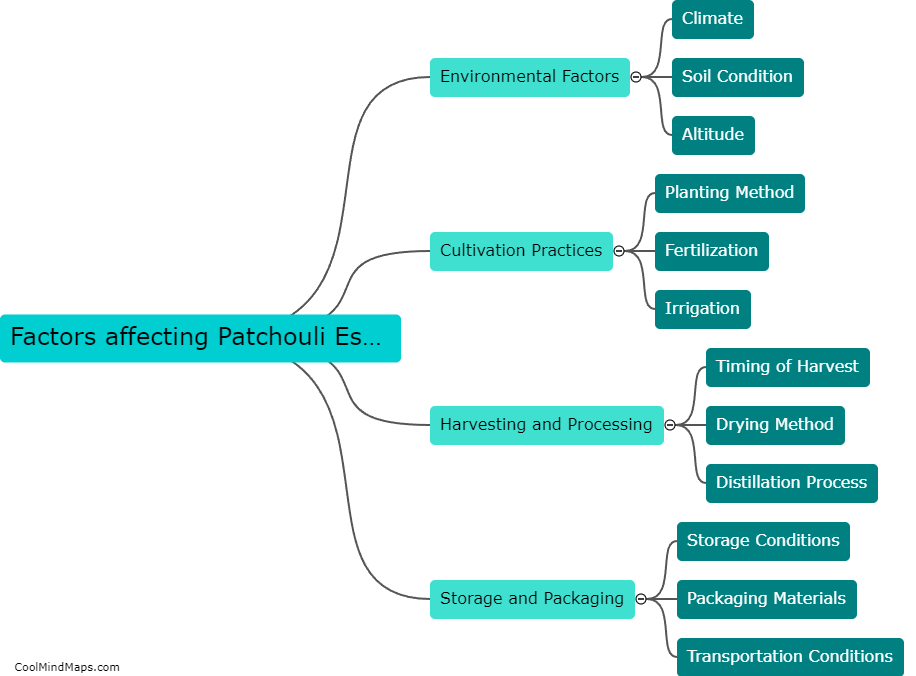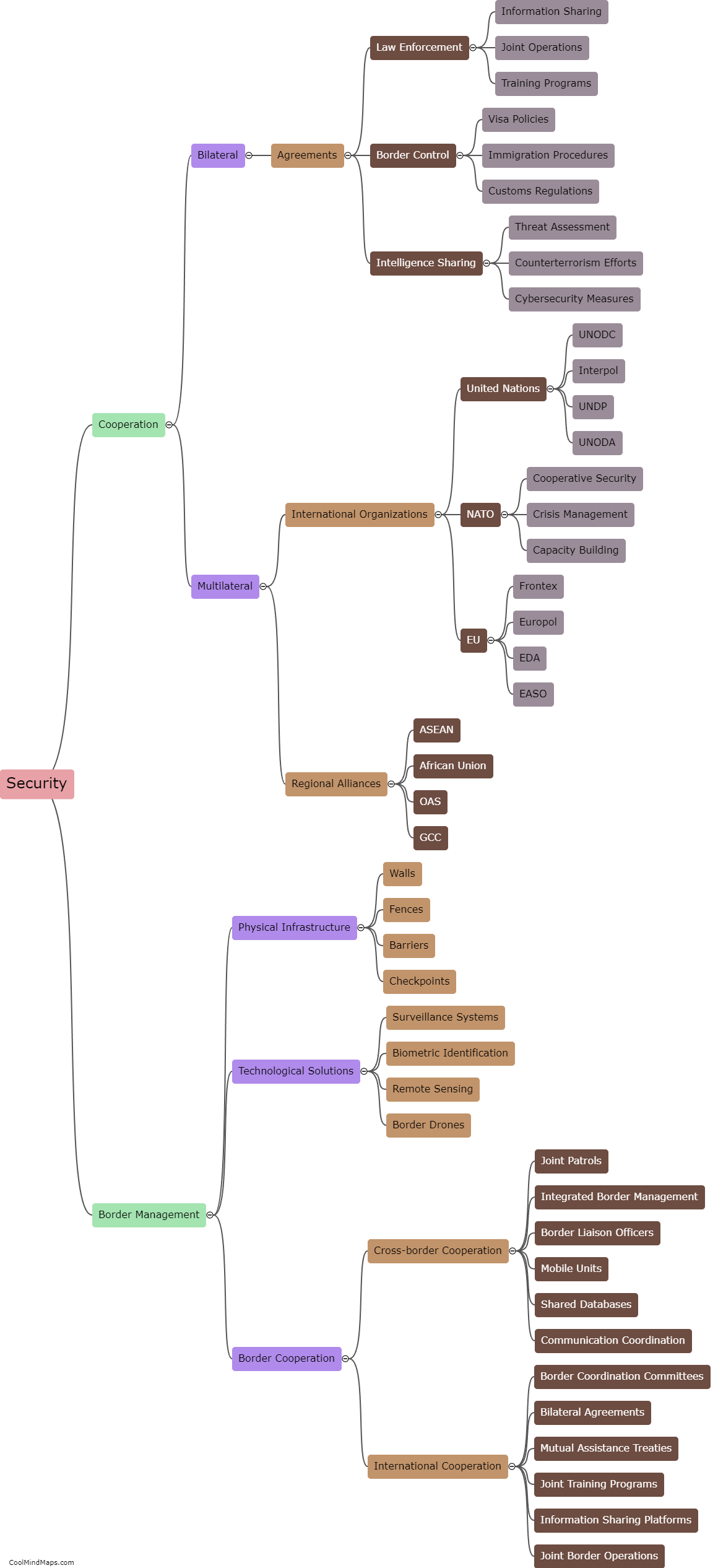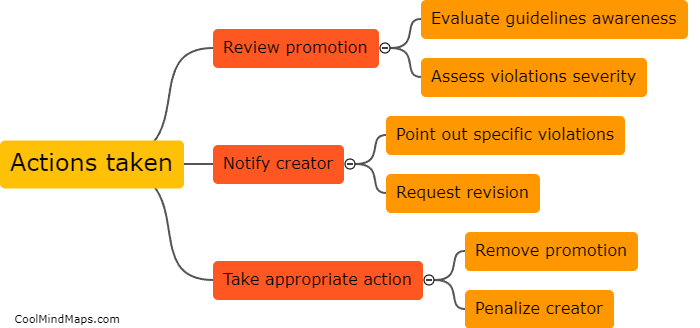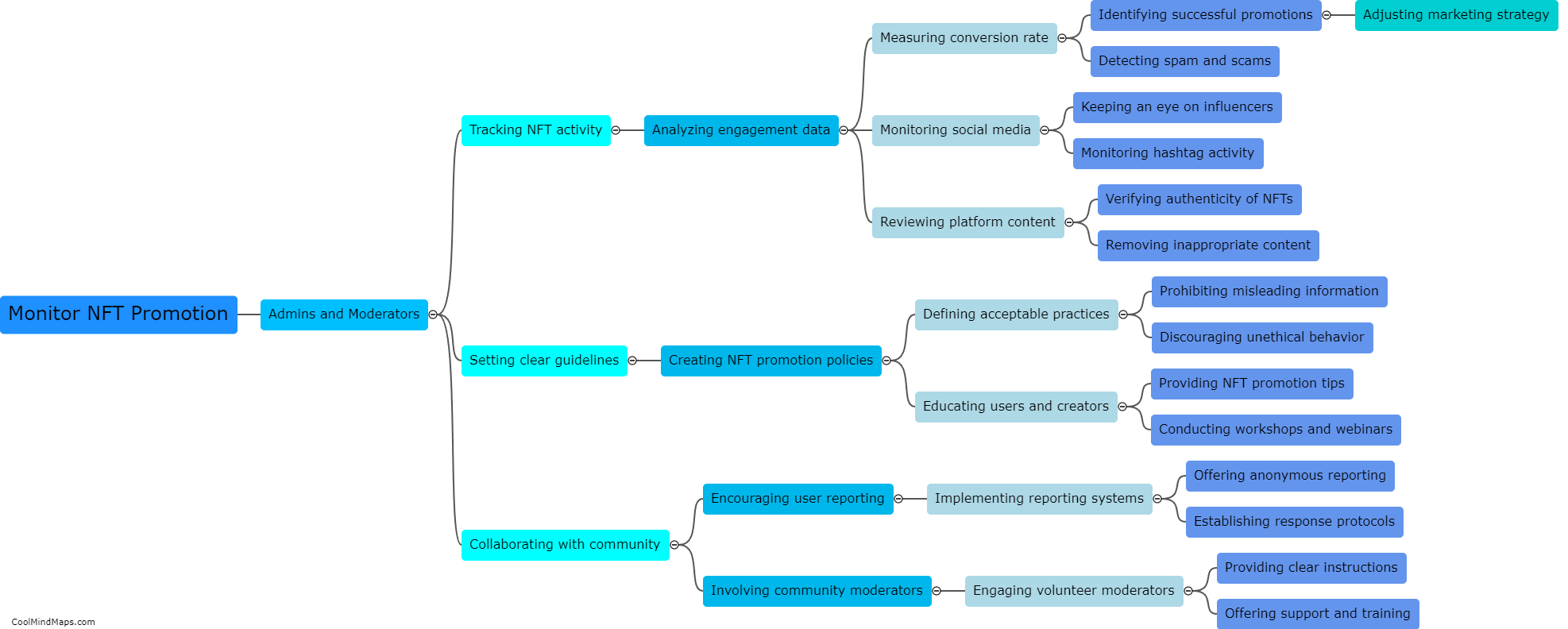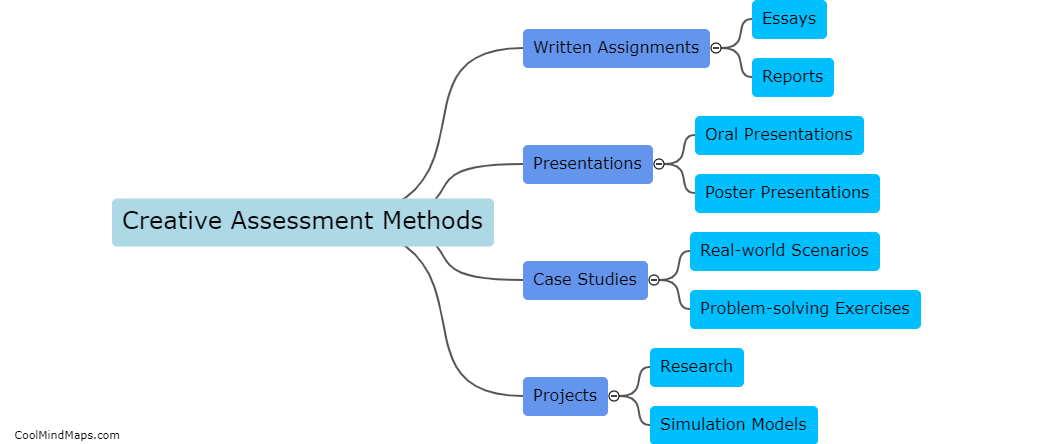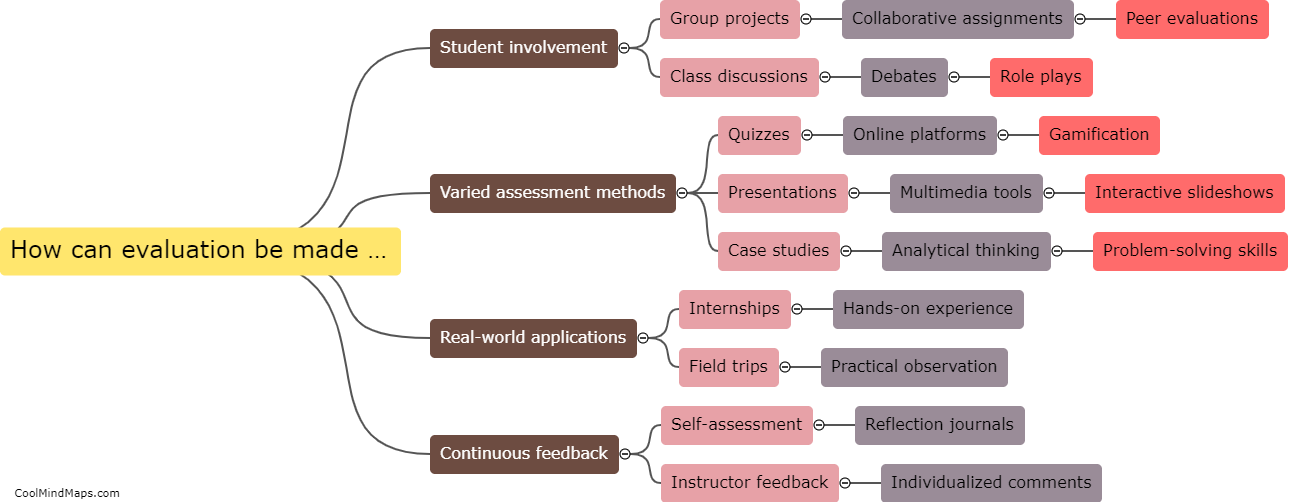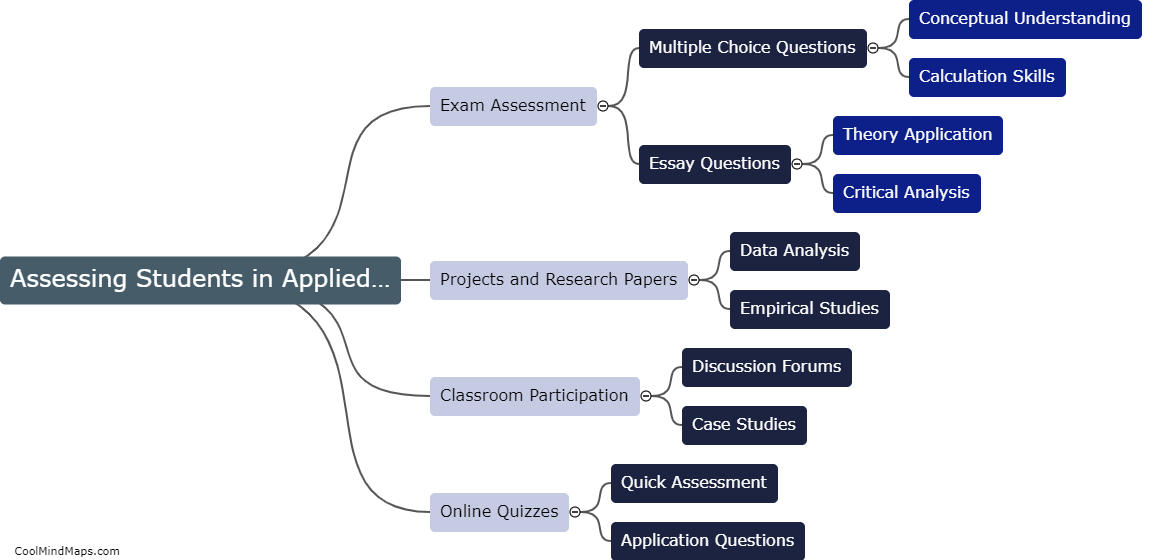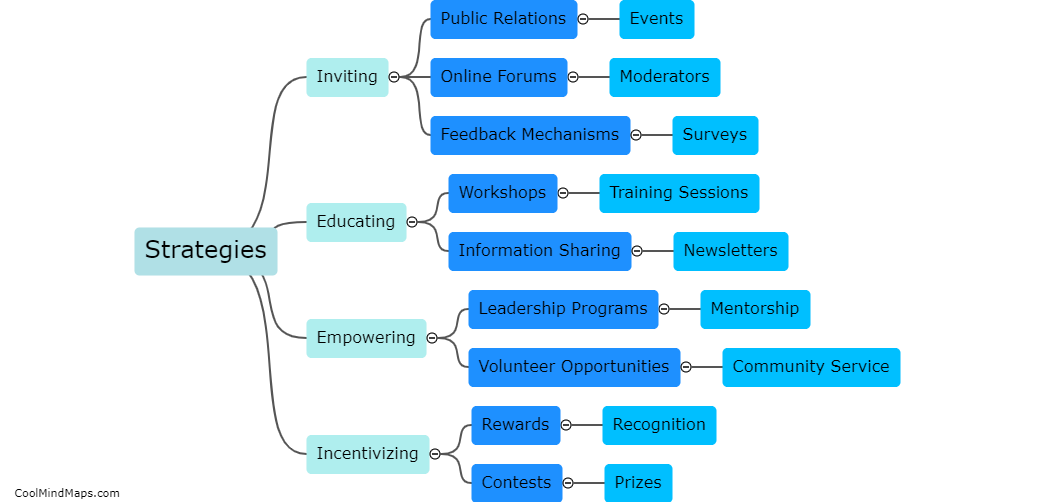What are some unique methods of evaluation for the discipline of Applied Microeconomics?
Applied microeconomics focuses on the application of microeconomic theories to real-world situations. Evaluating the effectiveness and impacts of various policies, programs, and interventions in this discipline requires unique methods of evaluation. One such method is randomized controlled trials (RCTs), which randomly assign individuals or groups to treatment and control conditions to measure causal effects. RCTs offer rigorous evidence by comparing outcomes of treated and untreated groups. Another evaluation method often employed in applied microeconomics is natural experiments, which exploit exogenous shocks or variations in the environment to estimate causal effects. These unique evaluation methods allow researchers to analyze the causal impact of specific interventions or circumstances on economic outcomes, contributing to evidence-based policymaking and decision-making.
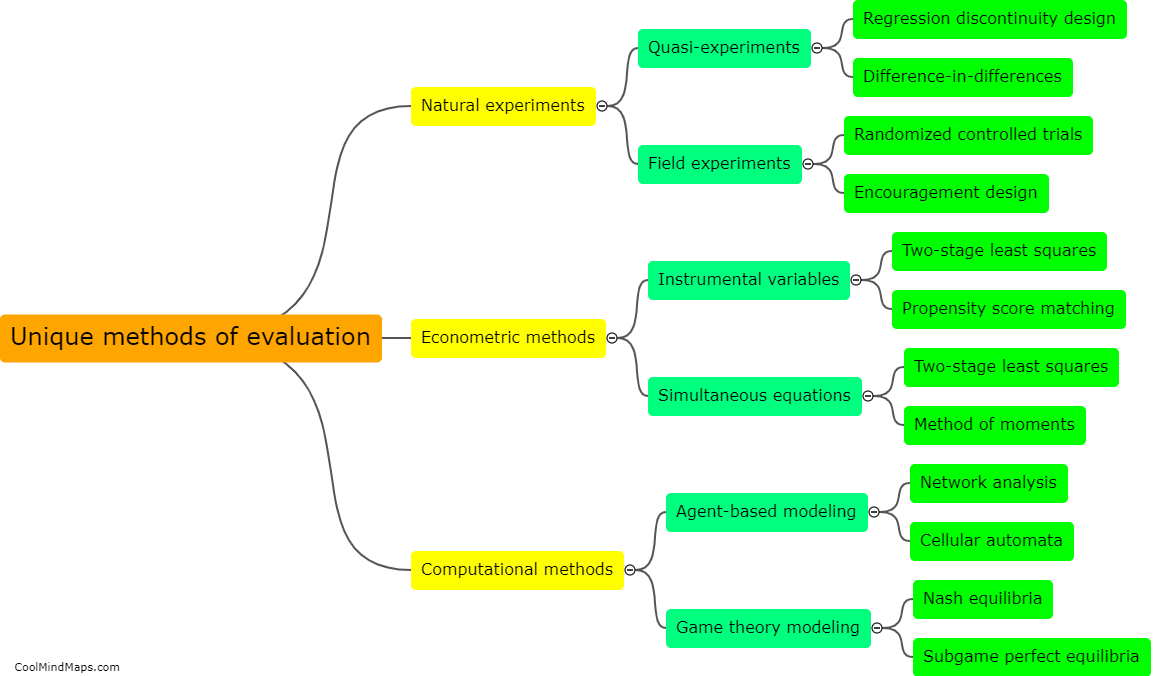
This mind map was published on 6 August 2023 and has been viewed 184 times.

